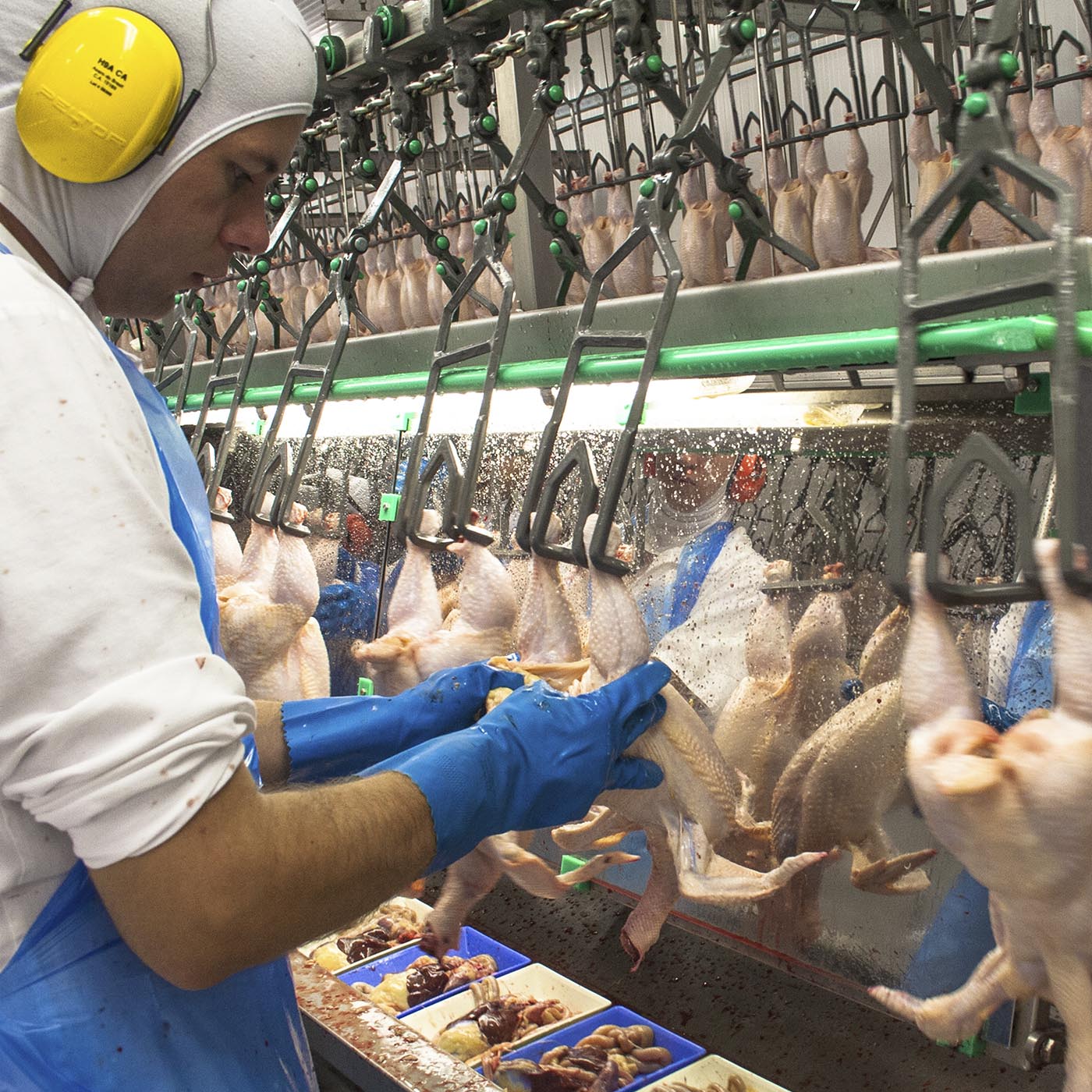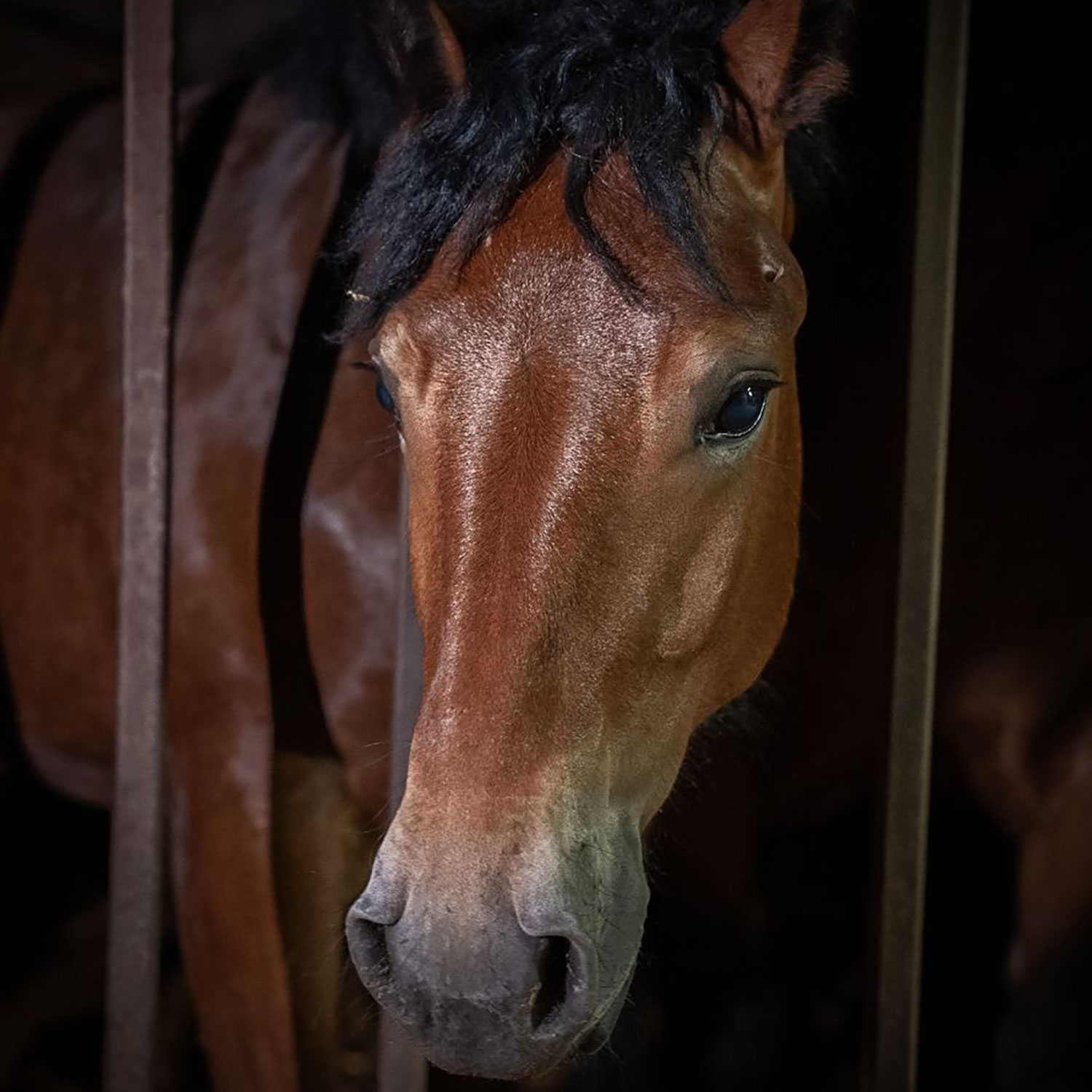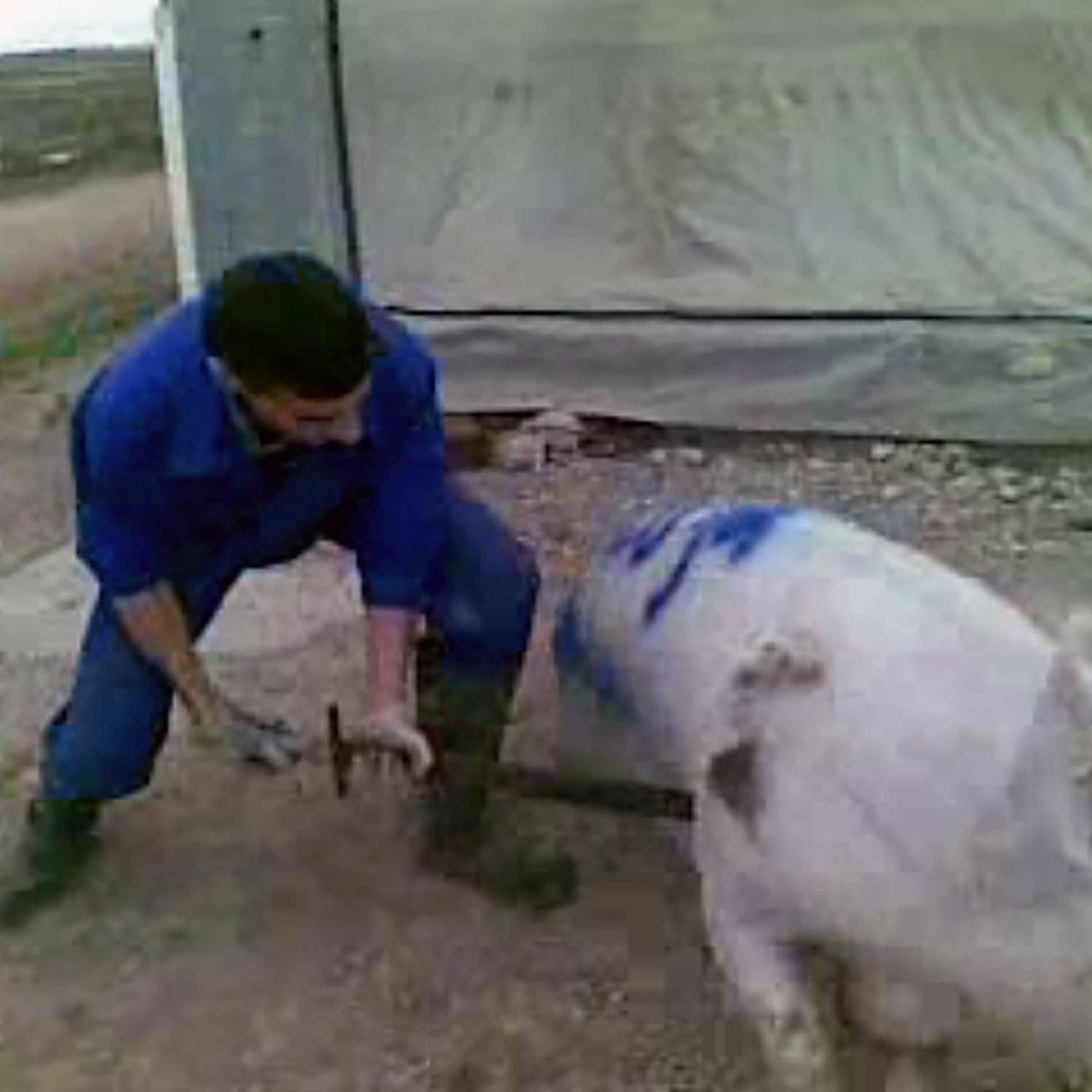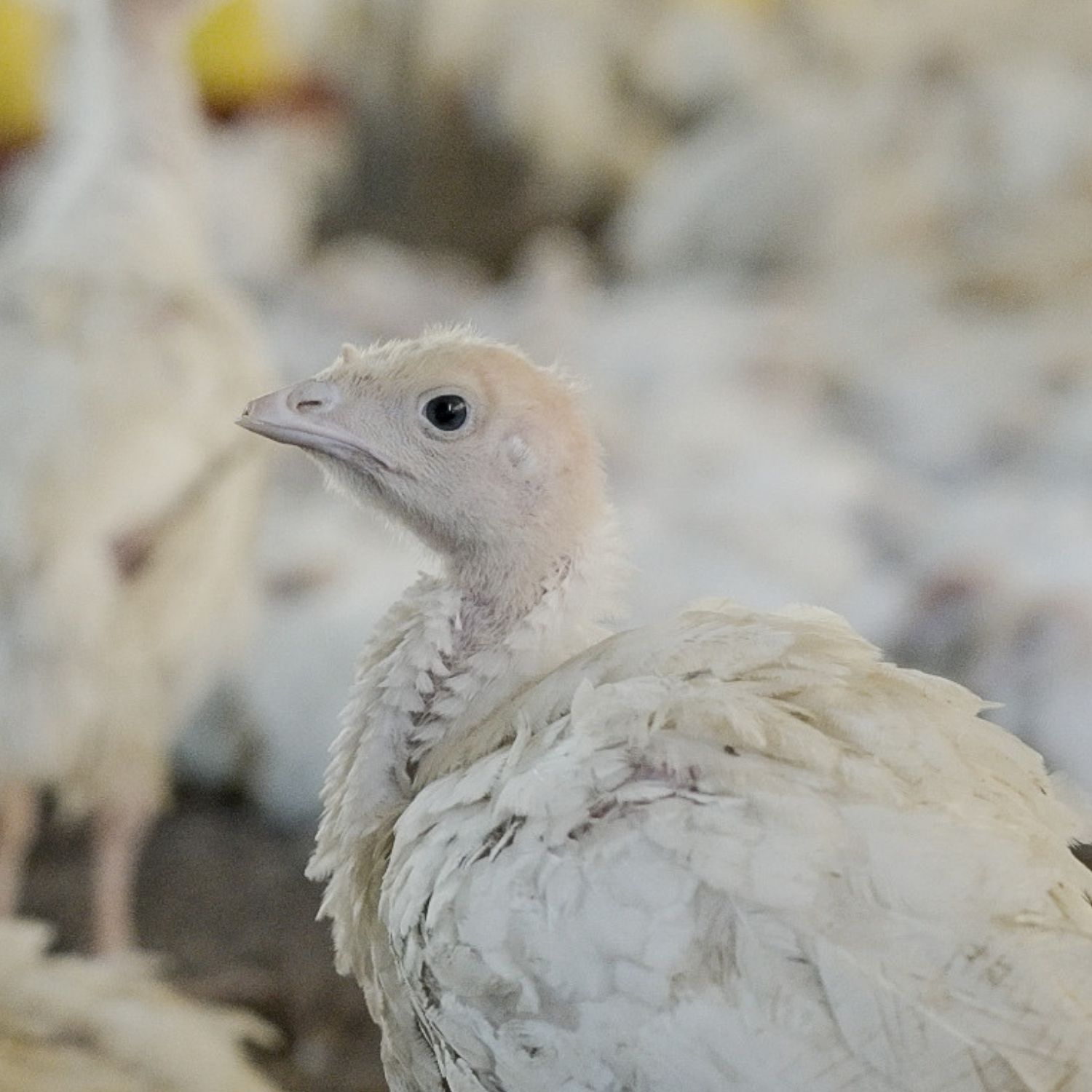Trump’s New Executive Order Appeases Meat Companies


The COVID-19 pandemic has been an unwelcome thorn in the meat industry’s side, directly impacting its bottom line as slaughterhouses across the country have been forced to close due to outbreaks of the virus. Yet President Trump on Tuesday bowed to a request from major meat industry executives to protect companies like Tyson and Smithfield from liability while continuing to operate their slaughterhouses despite the infections and deaths among their workers. (Update 9/14: Emails obtained by ProPublica confirm the meat industry’s role in drafting the Executive Order to protect profits.)
BACKGROUND: As we recently reported, outbreaks of the coronavirus are cropping up at slaughterhouses across the country. Workers, unable to adequately social-distance due to the crowded conditions at the plants, are contracting the virus and rapidly spreading it to others and their families. These outbreaks have forced Tyson, Smithfield Foods, Cargill, and other major meat companies to temporarily halt slaughter operations at their own facilities. This, in turn, has caused significant supply-chain disruptions and resulted in lost profits. Rather than continue to feed and house the animals, companies are engaging in mass culling, using methods such as suffocating them with foam or gas, or by sealing up the barns and turning off the fans so the temperature rises and the animals slowly die of overheating.
THE MEAT INDUSTRY’S RESPONSE: In a full-page ad that appeared in the Sunday editions of the New York Times, the Washington Post and the Arkansas Democrat-Gazette, Tyson Foods’ CEO warned, “As pork, beef and chicken plants are being forced to close, even for short periods of time, millions of pounds of meat will disappear from the supply chain.”
“CRITICAL INFRASTRUCTURE”: The Executive Order attempts to invoke powers granted to the U.S. president under the Defense Production Act of 1950, which was enacted to ensure materials deemed critical for national security are available for defense purposes. Tuesday’s order designates factory farms and slaughterhouses as “critical infrastructure” and declares their continued operation important “to ensure a continued supply of protein for Americans” during the COVID-19 crisis.
WORKERS PUT IN DANGER: This move comes just four days after workers in Missouri filed a lawsuit against Smithfield Foods for the company’s alleged failure to institute measures to prevent the spread of COVID-19 within its slaughterhouse. The complaint states Smithfield operates in ways that put workers directly at risk of contracting the virus, such as forcing employees to work close together, failing to provide them with personal protective equipment (PPE), and not even allowing them sufficient time to cover their mouths when they cough or sneeze. On Monday, a federal judge ordered Smithfield to comply with public health guidelines to protect its workers from the virus.
THE EXECUTIVE ORDER: After much anticipation, Trump issued the Executive Order later in the day on April 28. It directs the U.S. Secretary of Agriculture to “take all appropriate action … to ensure that meat and poultry processors continue operations consistent with the guidance for their operations jointly issued by the CDC and OSHA.” All eyes are now on the USDA. On May 5, Agriculture Secretary Sonny Perdue issued two letters: one to state governments and the other to industry stakeholders, encouraging meat plants to implement CDC/OSHA guidance before reopening, and stating USDA is considering further actions to be taken “if necessary.”
ANIMALS IN MISERY: News of the order perfectly illustrates a perpetual problem that all farmed animals face: In factory farms, cows, chickens, and pigs are seen as nothing more than commodities to be processed at maximum speeds by workers who are themselves often from vulnerable populations. Animals are packed into crowded factory farms so tightly they cannot even turn around or extend their limbs. Trucks packed with chickens, cows, or pigs travel long distances to slaughterhouses, with no access to food or water during the journey, and completely exposed to the elements.
HOLDING CORPORATIONS AND GOVERNMENTS ACCOUNTABLE: This is why Animal Equality works to hold companies and brands accountable. This year alone, our corporate outreach department has secured policies that have impacted over one million hens, and our legal advocacy department continues to push back against ill-conceived measures that put both animals and human lives at risk. Just this morning Animal Equality joined a diverse coalition of public-interest organizations in sending a letter to congressional leadership. The letter urges an immediate moratorium on increased slaughter line speeds in light of heightened risks to animal welfare and worker safety.
WHAT YOU CAN DO: With your help, we can use our collective power to create meaningful change for farmed animals and eliminate an industry that values profits over their well-being.
After all, the meat industry is not as “critical” as it wants people to think.
SIGN UP TODAY TO BECOME AN ANIMAL PROTECTOR AND HELP US ENACT CHANGE




